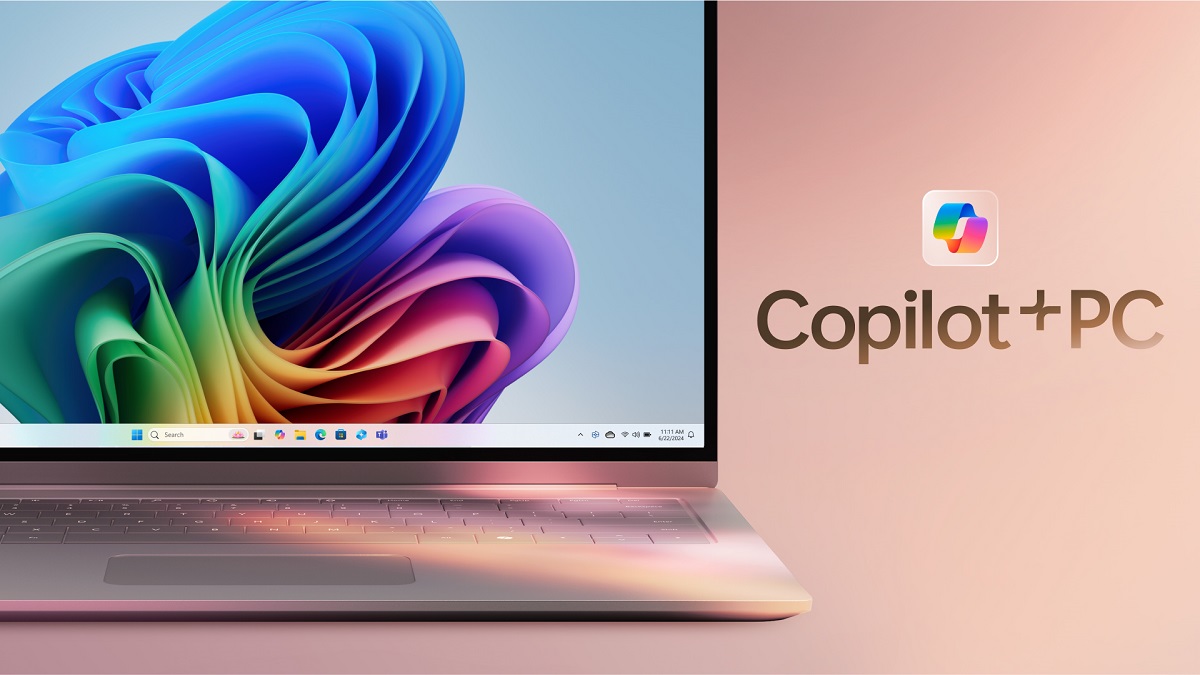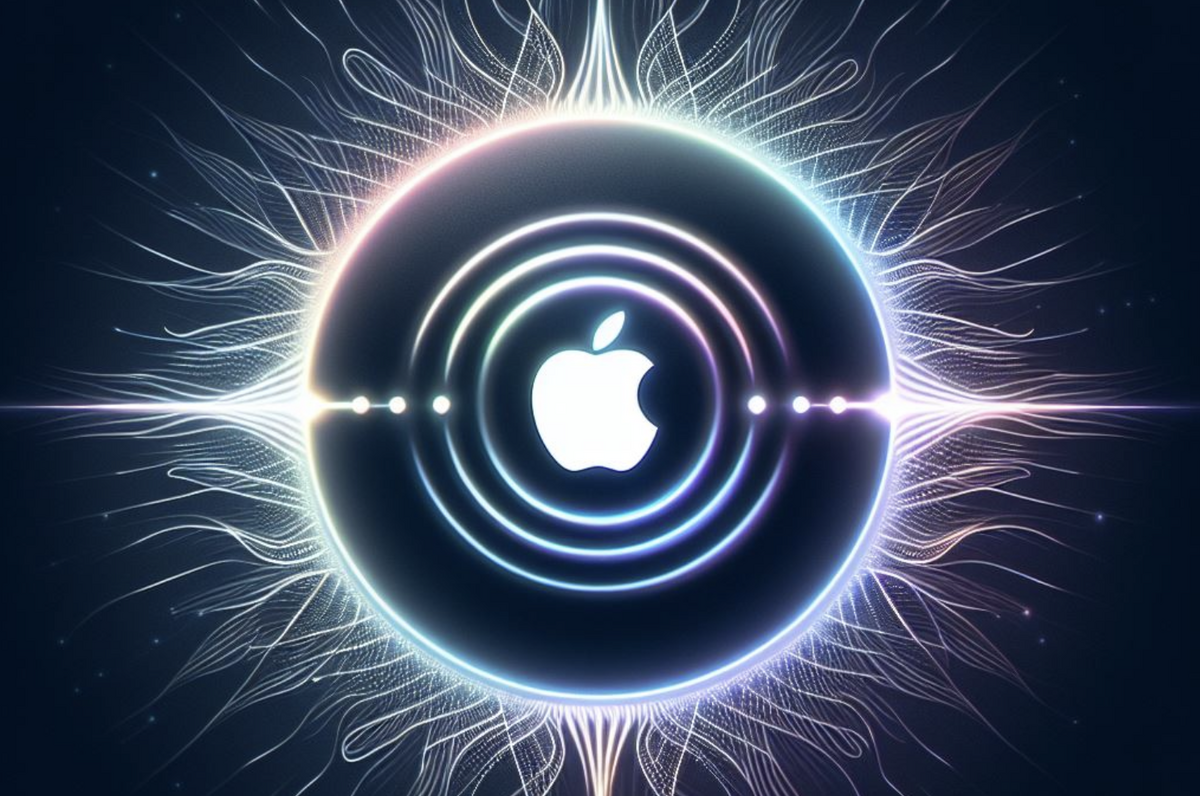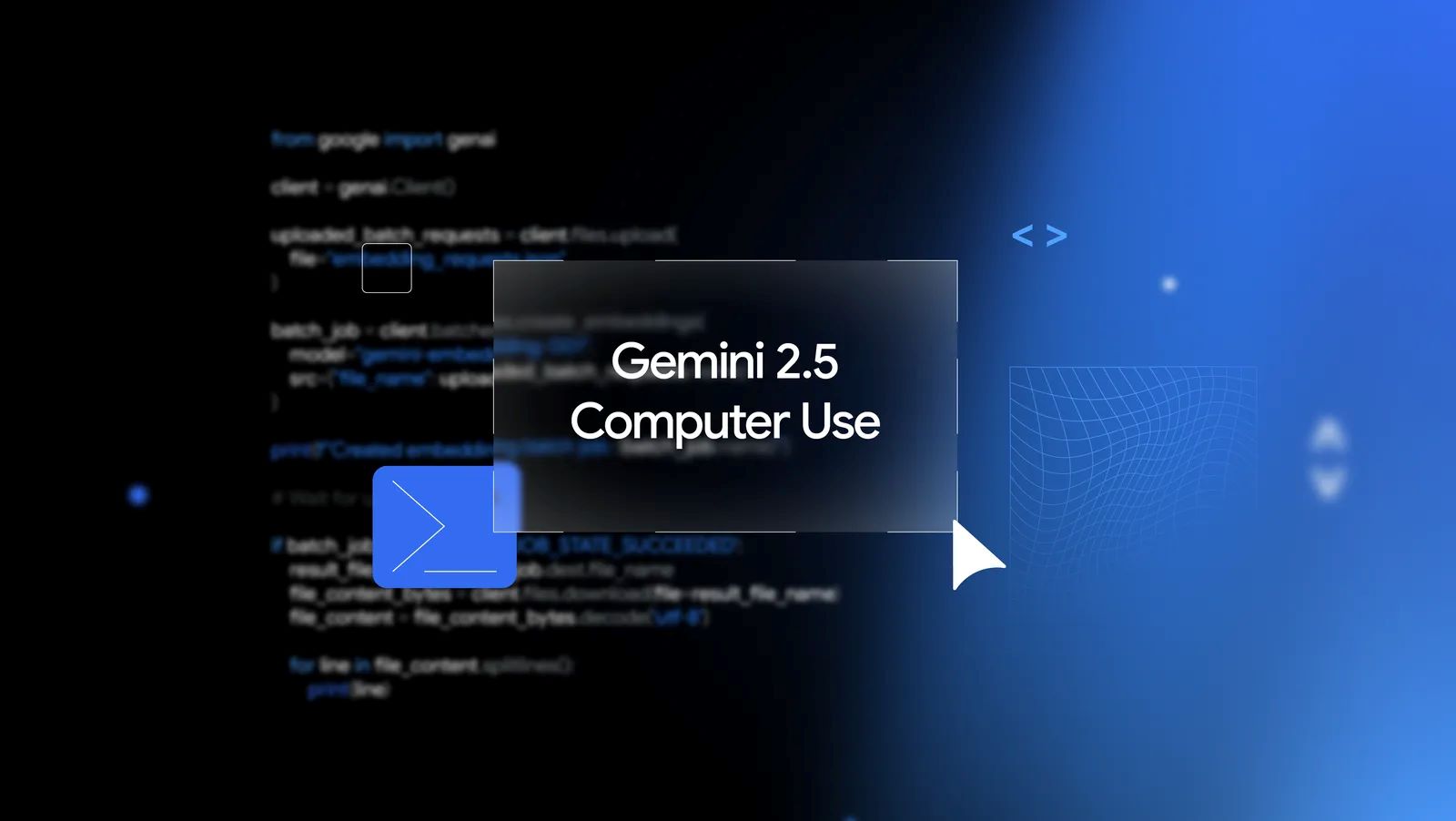Microsoft’s new AI-powered Recall feature in Windows 11, intended to enhance user productivity by logging activities for easy retrieval, has sparked significant cybersecurity and privacy concerns among experts. Despite its potential for efficiency, the feature’s data management practices have raised alarms regarding the safeguarding of sensitive information.
The Recall Feature Explained
Recall is designed to capture and store detailed logs of user activity on Windows 11 systems, including screenshots and text entries. This function aims to help users navigate their digital histories effortlessly. However, the mechanism of storing such data has come under scrutiny.
Emerging Security Concerns
Cybersecurity experts have pointed out several vulnerabilities associated with Recall. One primary issue is the storage of data in plain text within local SQLite databases, making it susceptible to unauthorized access by malware. Even with Microsoft’s encryption claims, researchers argue that the data can be accessed and exfiltrated remotely, bypassing the need for administrator rights.
Potential Risks and Exploits
The feature’s extensive data collection capabilities could potentially be exploited by cybercriminals. Malware, specifically designed to target and extract this stored data, could lead to significant breaches, exposing everything from personal information to corporate data. The fact that Recall is enabled by default on new installations further complicates the security dynamics, suggesting a reconsideration of user consent and default settings.
Microsoft’s Stance and User Recourse
In response to these concerns, Microsoft has emphasized the security measures in place, including optional user engagement with Recall and data encryption. However, the company faces calls from the cybersecurity community to halt the rollout until these issues are thoroughly addressed. For users, disabling the Recall feature and being cautious of permissions on new installations are immediate steps to mitigate risks.
While Windows 11’s Recall feature promises to revolutionize user interaction with their digital histories, it also presents new challenges in data security and privacy. Users and organizations must remain vigilant and may need to consider additional security measures to protect their digital environments.


















